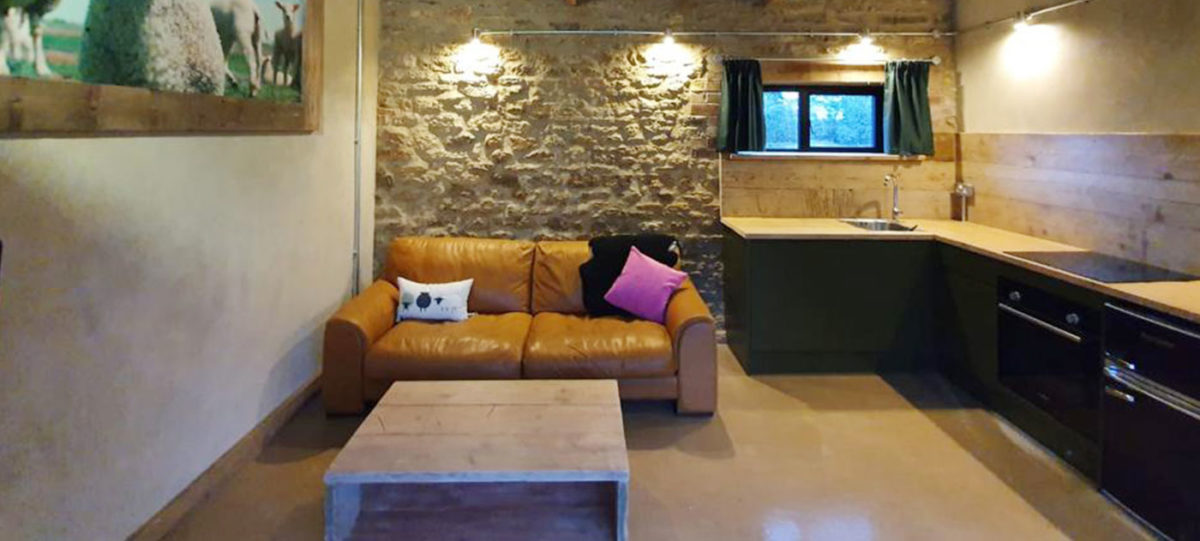When it comes to attaining a smooth, level and durable floor finish, floor compounds are an integral aspect of the preparation stage. Whether you’re redeveloping a domestic property, developing a new-build, or refurbishing a commercial building, the correct floor compound guarantees that the surface on which your final flooring material will be laid is stable, even, and purposeful.
In this article, UK Screeds Ltd. provides an overview of the various types of floor compounds and how each can be utilised, particularly for those looking for a trustworthy floor compound in Buckinghamshire.
What Is a Floor Compound?
A floor compound — is also referred to as a levelling or smoothing compound — a specifically designed blend placed on subfloors to correct surface imperfections, correct the uneven level, or prefinish the surface for coverings such as tiles, vinyl, or wood. It assists in bringing a professional finish and supports the overall longevity and appearance of the floor above.
Floor compounds usually consist of cement, latex, or gypsum, and all three have different applications, drying times, and finishes.
Types of Floor Compounds
- Self-Levelling Compound
It is one of the most popular floor compounds. As indicated by the name, it levels out even on a surface and not much effort is needed to get an even base. It is best used to level concrete or screed floors and is usually applied prior to laying tiles, carpet, or vinyl flooring.
- Fibre-Reinforced Compound
This category includes fibres for extra strength and crack resistance. It’s perfect for spaces that need extra durability or come under heavy foot traffic. Fibre-reinforced floor compounds are usually utilised in industrial or commercial settings.
- Latex-Based Compound
Latex has been added to this compound to provide increased flexibility and strength. It’s especially valuable where there is slight movement or vibration, like on upper levels or in older buildings. Latex compounds stick well to various surfaces and have rapid curing times, which serve to accelerate project timelines.
- High-Performance or Industrial Compounds
They are utilised in warehouses, garages or workshops where the ground is required to be able to hold heavy machinery, vehicles or intense usage. They are normally stronger and thicker compared to common domestic compounds.
- Water-Based Compound
Water-based compounds are more environmentally friendly and have lower fumes, thus making them better for indoor settings or residential houses. They are less likely to work in highly wet conditions unless it is specially formulated for the purpose.
Common Applications of Floor Compounds
Floor compounds are used for a number of purposes other than just levelling:
- Preparation of uneven subfloors before the final flooring installation
- Making minor cracks and dips in screed or concrete is good
- Enhancing adhesion for the next flooring layer
- Guaranteeing insulation and soundproofing performance in combination with other systems
For builders and property owners purchasing floor compound in Buckinghamshire, selecting the appropriate type for the project needs is important. The wrong compound can result in floor failure, movement, or cracking prematurely.
Do you need more help? Contact UK Screeds Ltd. for a chat, and let us help you make an informed decision.








